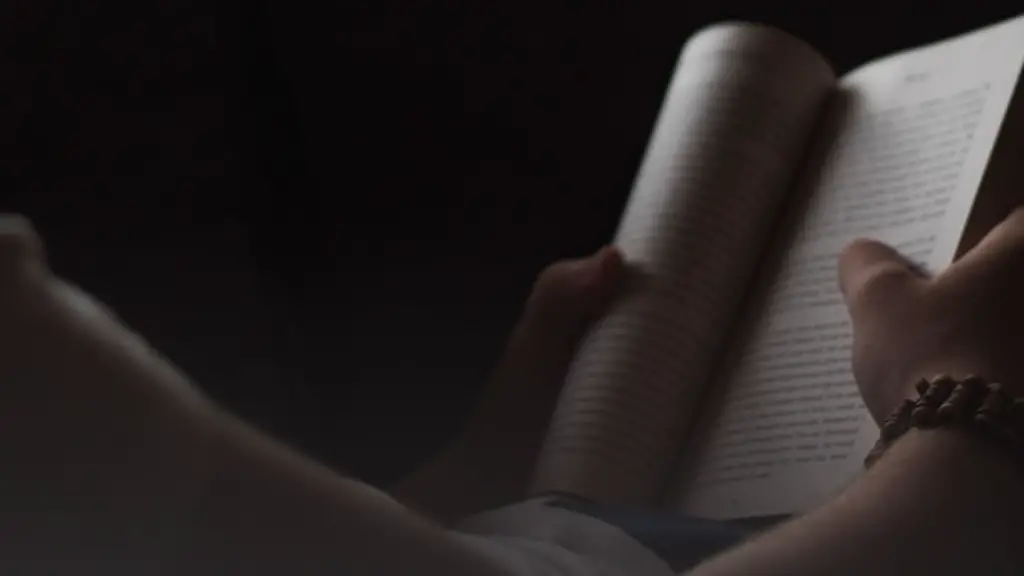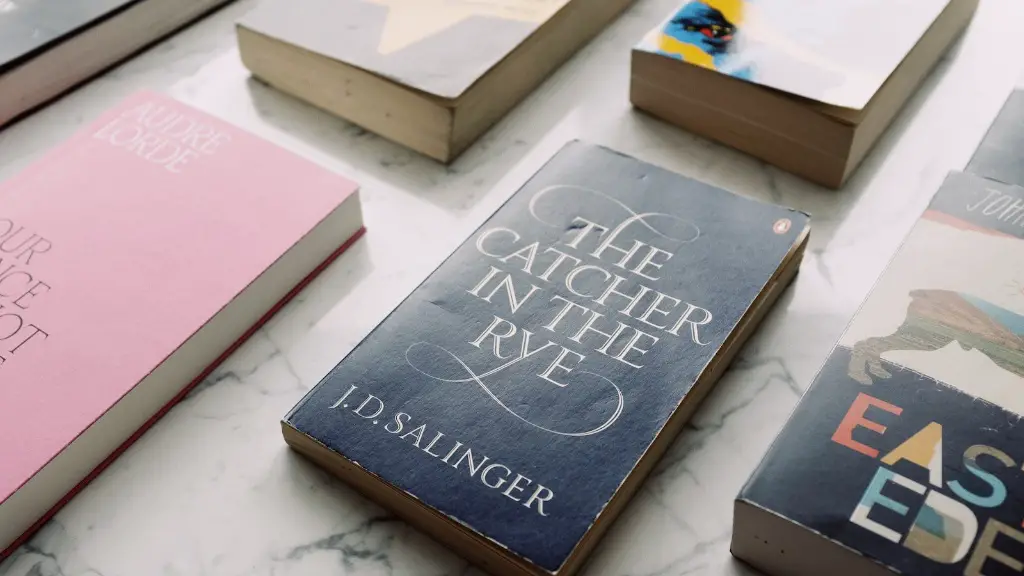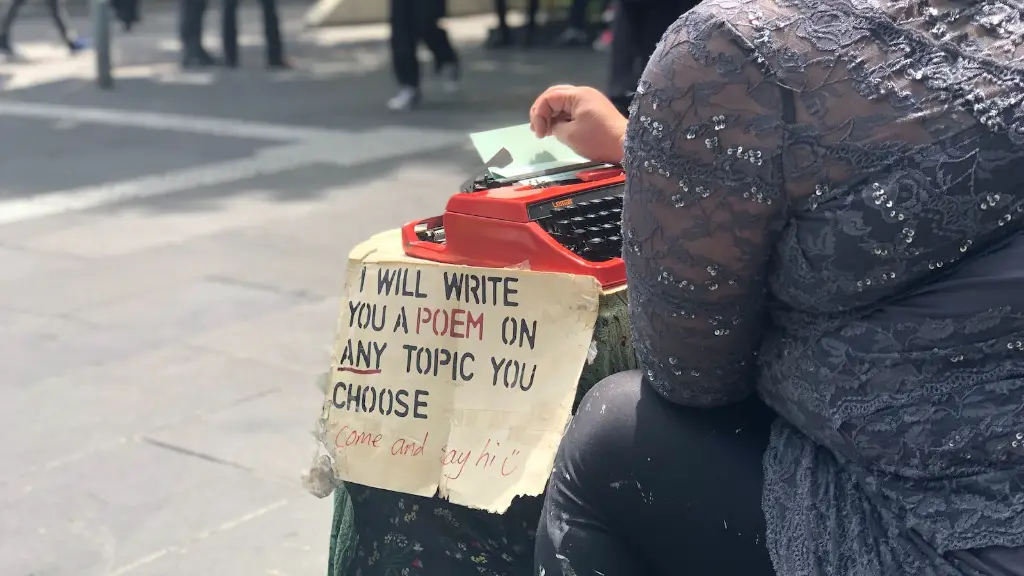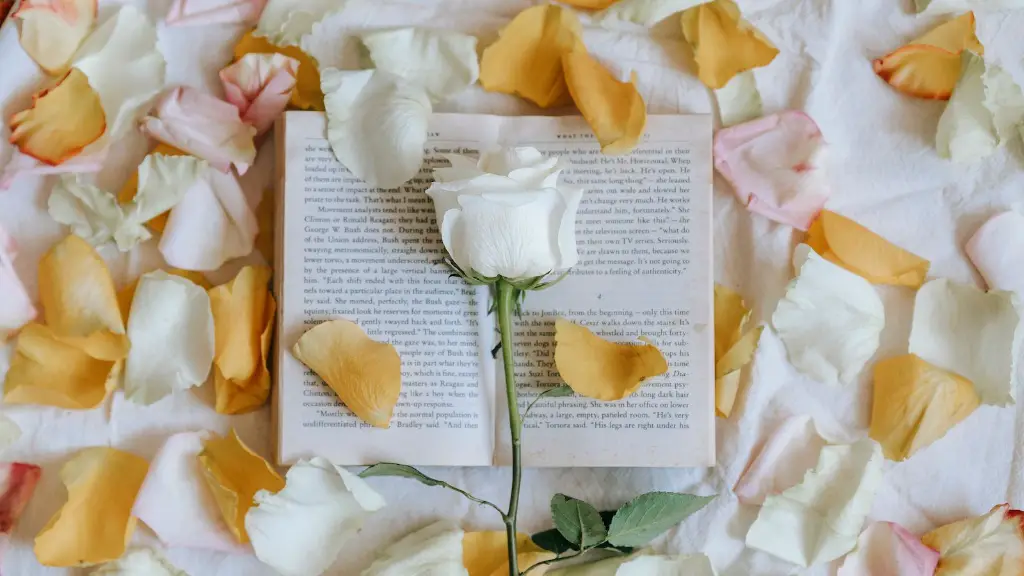A Return to Poetry
If you think about poetry, many of us immediately start to think about academia, masterful rhyme schemes, and complex metaphors. While all of these elements remain true, at its core, poetry is a reflection of the human experience. It is an artistic expression which allows the reader to emotionally invest in the content and explore the feelings and messages that the author is trying to communicate. In a recent survey, it appears that more and more people are recognizing the value of poetry and are choosing to explore the immense depth and power of poetry in their daily lives.
What is drawing people to poetry? The answer to this question is multi-faceted. Firstly, there’s the focus on mindfulness and wellness that is so present in modern society. Poetry, with its often emotive nature, strikes a chord with many people, especially those who have been drawn to the idea of “self-care”. Secondly, many people are recognizing the vast power of poetry when it comes to articulating the human experience. It allows us to express emotions and ideas which are often difficult to express through spoken words. We also appreciate the importance of intimate connections found within poetry and the influence of the shared experience—which undoubtedly as an effect on one’s social life.
In these current times of digital overload and technology, an escape from the “noise” is sometimes desperately needed. For many people, poetry is the perfect solution. It allows us to reset our minds, to shut out all of the digital clutter, and focus on our own inner thoughts and emotions. We can connect in a way that only poetry allows us to, and in doing so we challenge our perspectives and examine the complexities of our situations. By taking the time to slow down and read – or write – a poem, we can take a much-needed break and cleanse our minds from anything that may be draining our energy and focus.
The third reason why many people are turning to poetry is that the internet has made finding, reading and writing poetry easier than ever. Instantaneous access to an almost limitless library of ideas, coupled with increasing numbers of resources to guide even the most novice of poets, makes the world of poetry a much more accessible one. As the advent of technology continues, new and interesting ways of expressing ourselves develop, and this is reflected in the manner in which we approach the written word.
So what are the benefits of immersing oneself in poetry? Quite simply, the rewards are immense. Whenever we choose to engage in poetry, whether it is reading, writing, or offering feedback on our poetic output, we engage with ourselves. We become students of the craft, learning and exploring the different ways in which we can use words to express our thoughts and moods. Our communication and critical thinking skills are further developed when we “rewrite” pieces of poetry or pick apart the structure and themes present in a chosen poem. Poetry allows us to become active creators, building dialogues between our thoughts, feelings and experiences.
Even if you are not remotely creative, there are many opportunities for us to explore our own experiences, moments in history and the works of others. It might involve reading a few sonnets by Shakespeare or studying the theories of Wordsworth, or simply writing a few lines about something that that made you laugh or cry. However you may choose to explore the world of poetry, there will always be something unique and captivating hidden in the lines of text.
The Modern Way to Utilize Poetry
Gone are the days when poetry was confined to a well-visited hall of academia and the upper echelons of literature. Now, many people are turning to poetry to express themselves in a dynamic and modern way. The abundance of online platforms that offer this possibility is endless, and the ways in which we express ourselves are just as varied. The use of visuals, such as a typographical art piece or a photograph, as a medium to communicate the message of a poem is becoming increasingly popular, while other poets choose to read their work through short sound files.
The explosion of video sharing platforms has allowed more and more of us to share our work with a wider audience. There are entire channels devoted solely to poetry-spoken word pieces, lyrics, and traditional rhyming poetry. Again, use of visuals takes center stage for many of these videos, aiding the author in portraying the poem in its intended light. This has opened the world of poetry up to so many more people, with authors from all over the world now being able to share their works and engage with an audience far more expansive than ever before.
The utilization of a myriad of devices (such as voice recorders) has made articulate written pieces more profound, while at the same time making the process of creating poetry much easier and more attainable. This fusion of the technological age and the traditional written word is allowing us to recreate the art of poetry to fit the modern way of life, while keeping the internal messages and meaning of the original poem as intact as possible.
The Growing Fame of Poetry
The interest in and appreciation of poetry is only growing – according to a recent report, one in seven UK adults read poetry, the highest it’s been for fifteen years. Poetry awards and festivals, celebrated writers, and even entire universities devoted solely to the study of poetry (such as the Brunel Centre for Poetic and Creative Inquiry) are becoming increasingly common, further emphasizing the cultural and interpersonal impact of poetry.
The power of social media and its ability to spread a single idea to millions of people at once has diluted the elitist nature of poetry, and instead allowed topics such as social justice, race, immigration and religion to be discussed, analyzed, and discussed all over again. The interaction between poetry and the internet has been a fundamental one in terms of creating a more equal space in which all types of writing, topics, and styles can come together.
Poetry is slowly becoming a language which is spoken (or written) by a larger, more diverse people than ever, crossing boundaries of gender, race, and all other social divisions. The sheer number of people who are choosing to engage in poetry has made it a staple of literature in its own right, both on the page and in our everyday lives.
Today’s Poetry Bubble
Although interest in poetry seems to be at an all-time high, there is a growing concern that we may be “crowding” the scene. While it is true that everyone should be given the opportunity to express themselves through poetry, the influx of newer poets, often those with a different – and often more “modern” – way of interpreting the craft is sometimes met with suspicion, or even disbelief.
This issue is compounded by the unprecedented reach of the internet, which gives us all an equal platform to express our thoughts. Whether you’ve been reciting and studying for decades, or decided to try your hand at some modernized stanzas, your audience and circle of influence can be just as broad. But this comes with both pros and cons. On the one hand, the expanding reach encourages more and more people to engage with poetry, with the potential for more creative ideas and fresh perspectives. On the other hand, it can create a cloud of critique and distrust, making the appreciation and celebration of poetry in its purest form a much more delicate task.
The Benefits of Poetry
Poetry may have become a buzzword in recent months, but its intrinsic value remains the same. If you fully immerse yourself in the craft, poetry can bring an immense amount of clarity and peace of mind. It can help you develop your creativity, explore ideas, and make sense of the messiness that is life. Oftentimes it can just offer the perfect way to express this thoughts, and to get the ideas out of your head and into the world.
Throughout time, poetry has been the ultimate companion, a way in which to fully understand and appreciate the present, while learning from the past. But it is not just through its words that poetry offers power – the process of engaging with the craft can be therapeutic, freeing us from the chaos of our lives and allowing us to explore intimate aspects of our thoughts, feelings, and experiences that we often shy away from. Poetry appears to be here to stay, and the influx of new authors into the industry is only helping to make the world of words a much richer place.
Sharing Poetry with the World
One of the most rewarding aspects of engaging with poetry is the ability to share it with the world. Although it might feel intimidating to begin with, doing so can bring a whole host of benefits. Not only will you find out more information and feedback about your work, but you will also meet and interact with a range of different authors, opening doors to collaborations and friendships, as well as broadening your knowledge base and understanding of the craft.
The internet can be an incredibly powerful tool when it comes to getting your work out to the public. Submitting your poems to online literary magazines, entering competitions, and utilizing other online resources can bring the attention your work deserves. It can also teach you a great deal about the business and marketing aspects of publishing, and give you a taste of the wider creative industry. Plus, for those who want to take things a step further, there are now options to publish physical versions of your work, offering you yet another avenue to explore.
The Impact of Poetry
If there is one thing that we can learn from the impact of poetry, it is this: it is able to transcend the boundaries which are imposed on us by our society. It breaks through language barriers, enabling us to communicate our stories on a global scale whilst still maintaining a quality and accuracy that words alone can’t offer. Poetry can provide a voice for people whose stories would have otherwise been ignored, and provide a much needed outlet for emotions that can’t be expressed in any other way.
This point is not lost on many authors—many of today’s most popular poets write about emotional concepts such as depression, anxiety, and loss in a way that speaks to people around the world; a vital reminder that we are all living in a world where our emotions are shared, and the importance of connection and support prevails. In choosing to engage with poetry, we are actively encouraging a culture of emotional intelligence and understanding, paving the way for a more open, tolerant and inclusive future.





